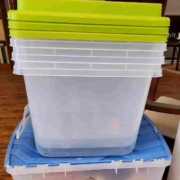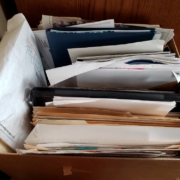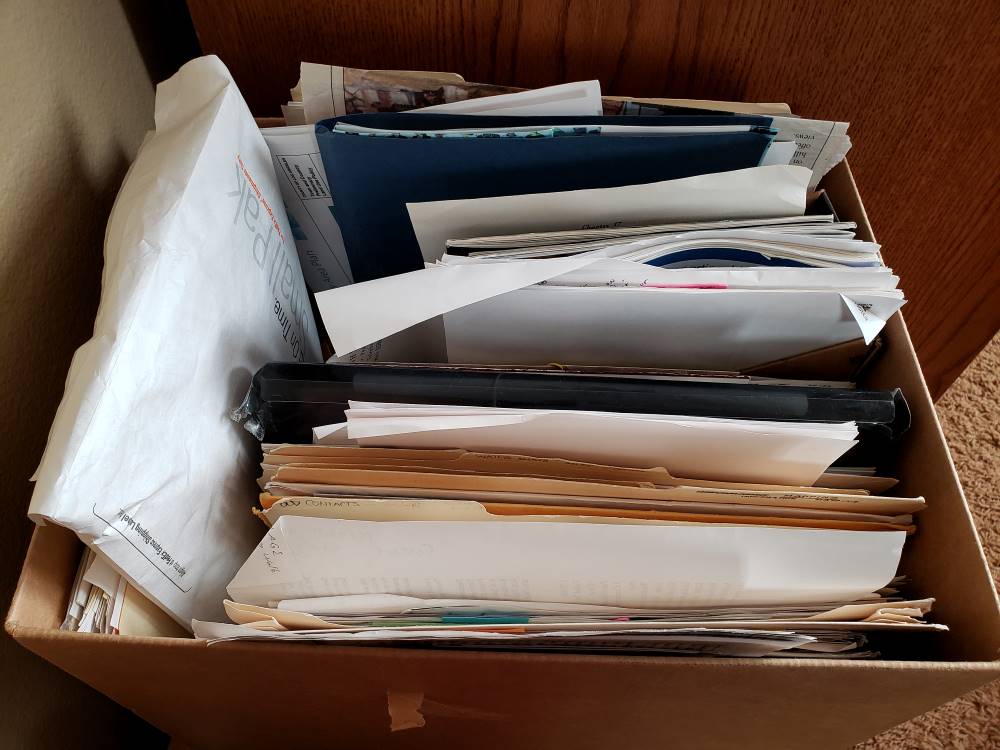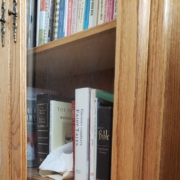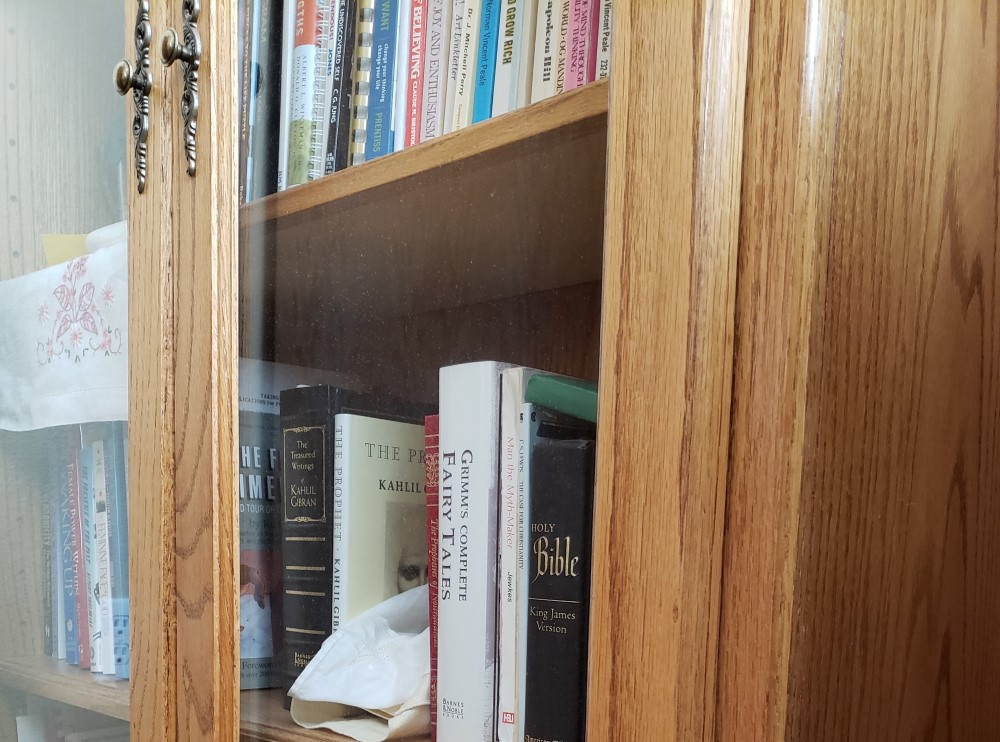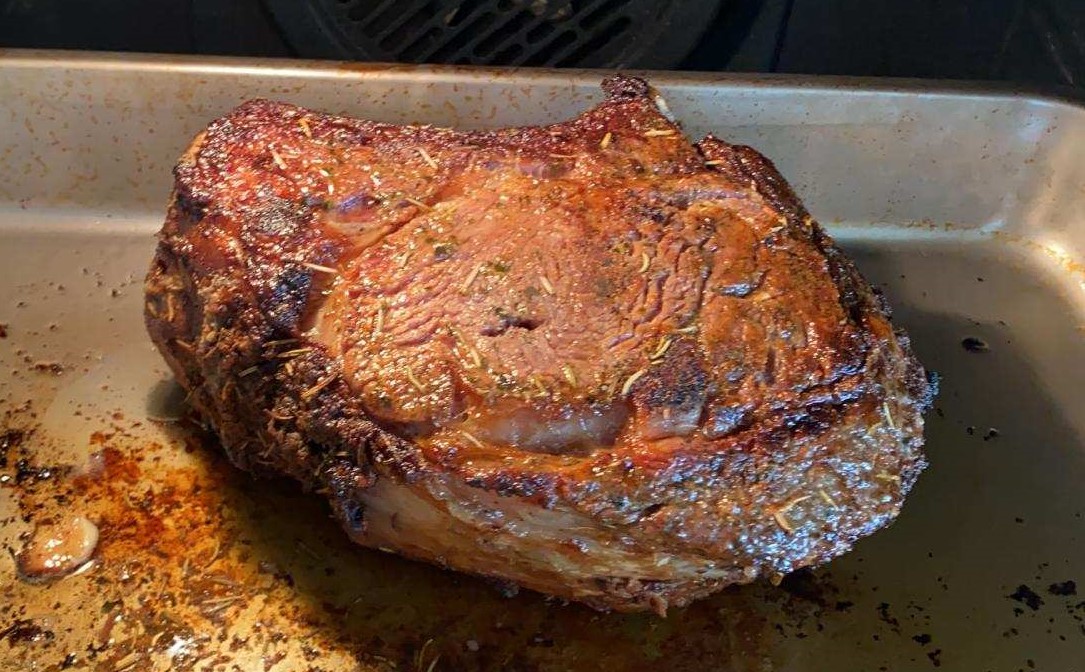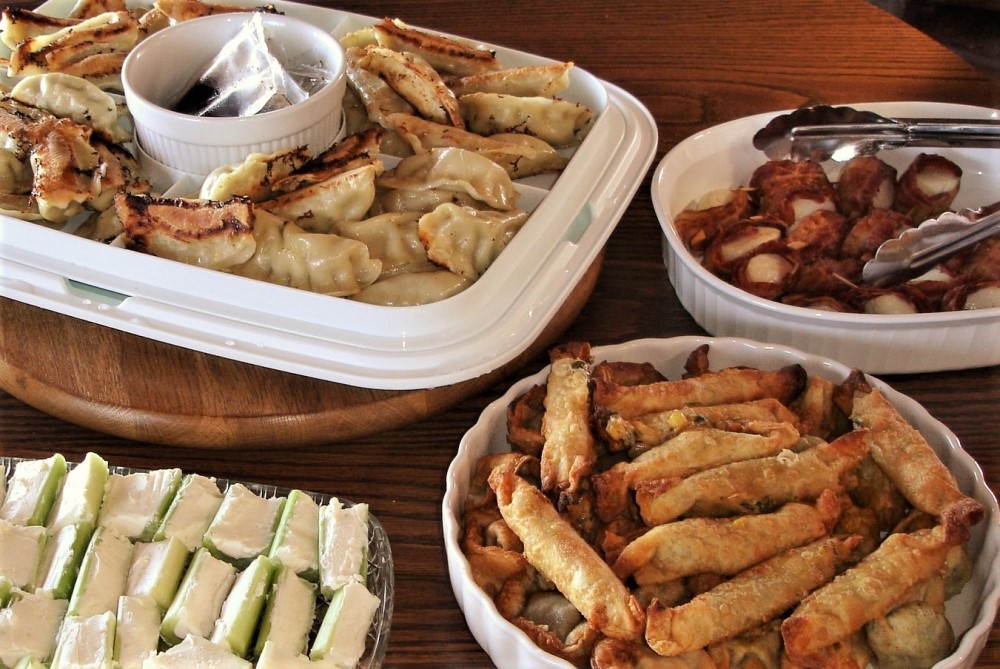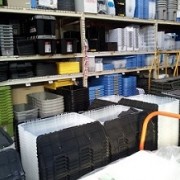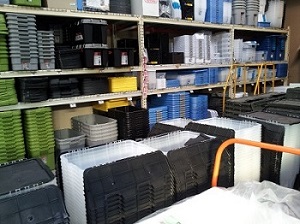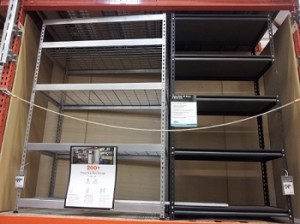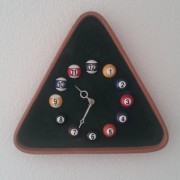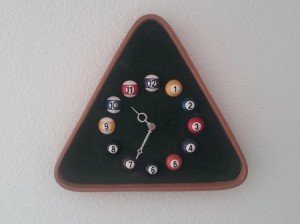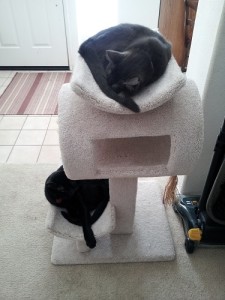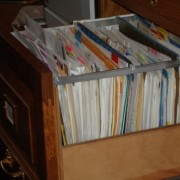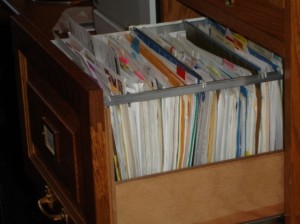What’s in Stor(age) for You This Year?
Storage bins are a great way to keep our treasured items from being damaged over time but often sit in a closet or garage or basement forgotten and eventually may turn into hidden clutter.
Since our life needs evolve with time, so too does our need to keep certain items in storage. STUFF you have stored away for later use should be reviewed periodically.
Consider a few examples from my own life so far this year.
My oldest daughter has been saving baby clothes, baby toys, and other baby items as her daughter grows out of them. Some she gives away to friends, others she keeps for future use. As you can imagine, such things accumulate rapidly.
The clothes have been stored in boxes, bags, and bins and have become quite disorganized. She recently started to reorganize them and purchased new storage bins for that task. Unfortunately, the bins she purchased are too small for what she had in mind. Pro tip, double check the measurements of storage items you buy online to be sure they suit your needs. She will likely return that purchase in exchange for larger bins.
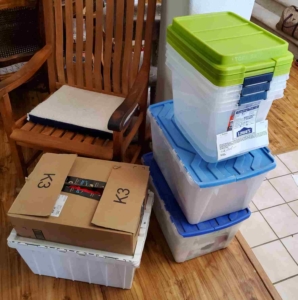
I have toys packed away neatly in clear plastic bins that I am not quite ready to give up. For me, I do not yet consider them clutter because I rotate some of them to display in the house. Others I am saving to give to the grandchildren when they are older.
We have a sizable collection of board games that are now in the realm of clutter for me. I have kept them in boxes I obtained years ago which are slowly falling apart. I purchased new flip top plastic storage bins to declutter the boxes and better protect the games.
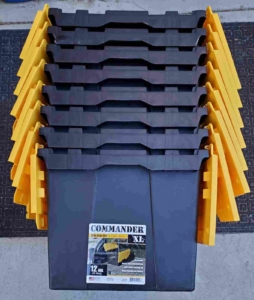
This tends to be a family project and brings back fond memories of where a given game came from and usually inspires us to play several of the games as we process through them. Reviewing your stored STUFF can be fun!
If something is stored away neatly in a storage bin is it clutter? Ask yourself that question today and you might be surprised at what is in stor(age).
What have you bin waiting for?

